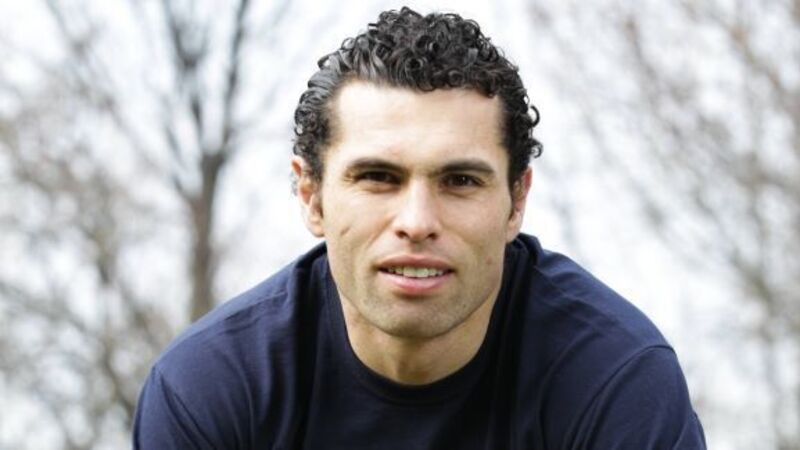Honesty the best policy from the book club

After a year outside the ropes, prising the odd lonely insight, suddenly we are scribbling bad dockets with Keith Gillespie. We are passing through the turnstile outside Sven’s bedroom or poring over DJ’s balance sheet.
We are standing by the side of a Sydney street with seven-year-old Seán Óg, watching his father’s car pull away and leave him there.












